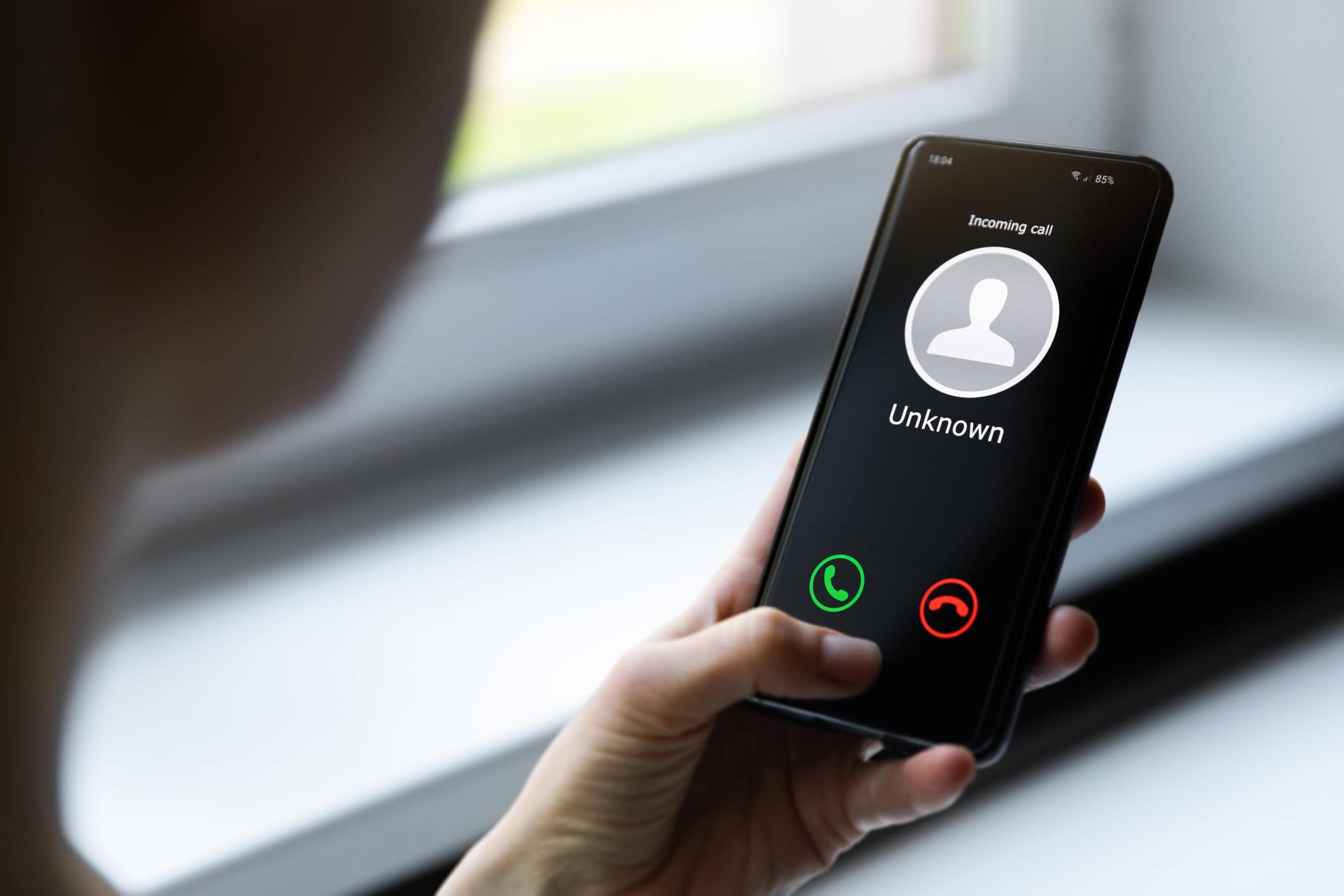
COVID-19 spreads easily between people, and social distancing, wearing masks and limiting gatherings are only part of the solution. To help break the chain of infection, the state of Michigan is calling anyone who may have been exposed to the virus. This process is called contact tracing, and it has been used to control diseases for decades. For contact tracing to be an effective tool in containing the virus, we must answer our phones if we receive the call. Unfortunately, phone scammers have taken this as an opportunity to prey on unsuspecting people. Michigan Attorney General Dana Nessel has warned that scammers are spoofing phone numbers of local public health departments. Some callers ask for Medicaid and Medicare numbers for billing purposes while other callers may claim you have been in contact with someone who has COVID-19 and ask for payment information. Here are five things you should know that will help you spot potential scammers:
- Real contact tracers won’t ask you for money. Only scammers insist on payment via gift card, money transfer or cryptocurrencies, such as Bitcoin.
- Contact tracing doesn’t require your bank account or credit card number. Never share account information with anybody who contacts you asking for it.
- Legitimate contact tracers will never ask for your Social Security number. Never give any part of your Social Security number to anyone who contacts you.
- Your immigration status doesn’t matter for contact tracing, so real tracers will not ask. If they do, you can bet it is a scam.
- Do not click on a link in a text or email. Doing so can download malware onto your device.
To appear more legitimate, these scammers often use a process known as “spoofing” which is when a call appears to be coming from an authentic government phone number. The caller uses computer software to disguise their phone number as a local number. The caller may also sound professional and is often very persuasive. Anyone who received a phone call they suspect to be a scam should hang up the phone. “Scammers will not hesitate to gain access to your private information, and false promises of medications will not be fulfilled,” Nessel said in a statement. “As a result of this scam, the number of calls to local public health departments are also hindering their ability to respond to the current COVID-19 pandemic.”
HOW DOES CONTACT TRACING WORK?
Local health departments call contacts of an infected person and let them know about their possible exposure as quickly and sensitively as possible. Those being called by the health department are given information on how to protect themselves and others as well as next steps if symptoms begin. Real contact tracers will always contact you by phone, never in person and will always identify themselves as health department staff. These trained staff members will always keep your information private and will answer any questions you may have about COVID-19. If you suspect that you are being called by someone impersonating a health department contact tracer, it is important to report the caller with the Attorney General’s Consumer Protection team by filing a complaint online or by calling 877-765-8388. Reporting these claims can help stop them. Related:
Photo credit: ronstick





